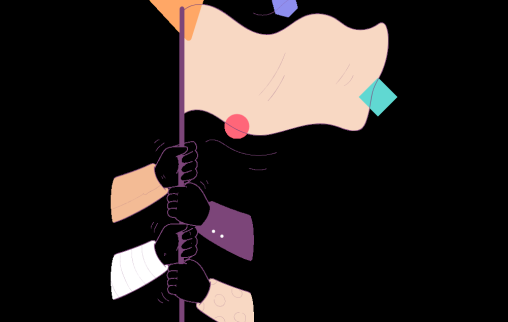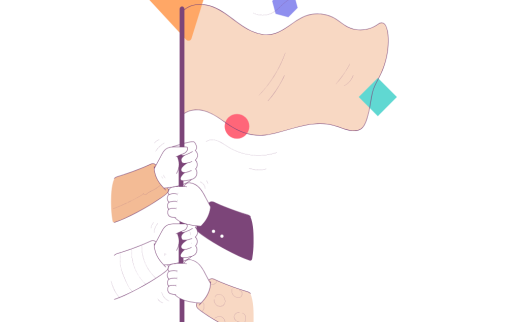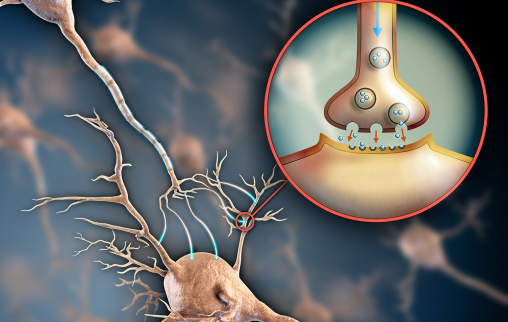My father/mother is a gambling addict
This information is intended for children of a gambling addict parent.
Do you recognize yourself in the following situations?
I just found out that one of my parents gambles.
My father/mother gambles and lies about this.
I have discovered that my father/mother is having a relapse.
I am looking for help for my parent.
I am looking for help for myself to deal with this.
Recognizable situations
You just found out that your father/mother (still) gambles. This can evoke strong emotions. You feel cheated or in total shock. That's not strange either, you thought you knew your father or mother and now the image you had of your parent earlier turns out to be not correct with the current situation. That can cause a lot of self-doubt. You want to know if gambling has anything to do with you or your relationship. Often that is not the case, but it can still feel that way.
Perhaps you are worried that your parent is gambling his or her wealth and you are afraid that there will not be enough money left to pay for the house or provide for a living.
It is also possible that you are concerned about an inheritance that is gambled, as a result of which the child part of you and any siblings disappears.
Why do people gamble?
Addicted gamblers seek the thrill of gambling. Then they don't suffer from problems, hassle or nagging on their mind. They are always gambling. They long for it and think about it. So even if they don't gamble. If someone wants to gamble a little less, then they have to fight a lot of battles in one day.
I feel responsible for my father/mother's gambling behaviour
A gambling problem is one's own responsibility and so is stopping gambling. However, you can help someone to take stock: what are the benefits of gambling? And what are the drawbacks? For example, say you want to talk because you're worried. Or because you are curious whether your father/mother understands your concerns.
It often happens that feeling responsible for a parent comes at the expense of your own happiness in life and in the longer term this can cause psychological complaints. When you notice that it is all too much for you, seek help.
Help for loved ones.
How can I help my father/mother?
You probably only just found out that your father/mother is gambling (again) because he or she has told you this or because you have discovered it. This discovery is often a shock. After the initial shock, you will probably want to know how to help your parent.
Read below which steps you can take for this:
1) Start the conversation
Try to find a good time to start a conversation with your father/mother. For example during a walk. There is no set recipe for a conversation, but it is good to keep the following points in mind:
Start by stating that it will not be an easy conversation.
Show understanding for your father/mother.
Show that you want to help/support him/her.
Ask about the benefits of gambling for your father/mother. (This helps to make it not just a difficult and heavy conversation.).
Show that you care about him/her and that you are concerned.
2) Let someone solve their own problems
Let your parent solve his or her own problems. For example, have your parent register themselves with CRUKS (the national register where problem gamblers can be included. When a player is included in this, they are not allowed to gamble at any casino for at least 6 months) instead of you doing this.
So do not give money and never pay off debts. By giving money and/or paying off debts, you facilitate the gambling behavior of your father/mother.
Let your parent decide for himself what will help him or her in this situation. When you take everything off your hands, your father/mother will not learn to come to a solution himself, with the result that your father/mother can continue to gamble, because the rest is already arranged.
Support your parent in finding solutions, for example by drawing up a step-by-step plan together to pay off debts.
For more information about debt counseling, go to:
Where should I apply for debt assistance? | Rijksoverheid.nl
3) Lower the barrier to assistance
Few people overcome an addiction themselves. This is not due to lack of willpower. It's just really hard to stop doing something you've become dependent on. Fortunately, there are many types of help. From online help to drug therapy. In addition to professional help, there are self-help groups. In these groups people with a breeding problem find support from each other.
For an overview of help, please go to our Help Seeker.
4) Provide perspective
Sometimes a gambler doesn't want help. It can be very difficult to take the step to do something about an addiction. This has to do with fear of change and an uncertainty about what is to come. The future seems like a black hole. Therefore, offer perspective, for example by:
Make sure your parent has something fun to look forward to when he or she changes. A reward in prospect makes someone more motivated to change his/her behavior.
Remind your parent what it was like when there were no gambling problems. This will help your mom/dad to remember how great life can be when he/she doesn't gamble.
5) Seek help yourself if talking doesn't change anything
It happens that talking is not (any longer) possible, for example if:
someone keeps gambling;
someone is aggressive or violent;
or when money problems affect you and your home situation.
Then think about yourself and your own safety. In such situations, it is better to seek professional help.
Look for this at Help for loved ones.






































